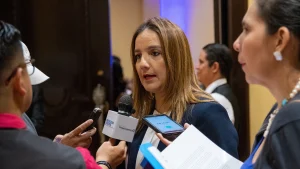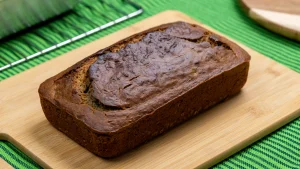Biography of José Justo Milla
Jose Justo Milla Pineda. He was born in Gracias (today Lempira department) in 1794 and died in Sonora, Mexico, 1838. In Guatemala he embraced a military career. He was a Honduran military officer, elected vice head of state in the first government of Honduras, after the proclamation of independence, between 1824 and 1827, when he resigned to stage a coup, becoming the second head of state of Honduras.
Table of Contents
Biography
He was originally from the city of Gracias a Dios, jurisdiction of the Intendancy of Comayagua, son of the marriage between Colonel José Antonio Milla, First Commander of the Militias of «Los Llanos» of Santa Rosa and Mrs. Feliciana Pineda Arriaga. His siblings were: Guadalupe Milla Pineda (Thanks, 1775), Lorenzo Milla Pineda (Thanks, 1779), Zoraida Milla Pineda (Thanks), José Santiago Milla Pineda (Thanks, 1783), Juan Milla Pineda (Thanks, 1785), Benigno Milla Castejón, José Antonio Milla Castejón, Josefa T. Milla Castejón, Guadalupe Milla Castejón, Camila Milla Castejón, Vicente Milla Castejón, Josefa Irene Milla Castejón, Úrsula Milla Castejón and María Ana Milla Castejón who married the politician and mining businessman Victoriano Castellanos Cortés .
José Justo Milla, studied military in Guatemala City. Married to Mercedes Vidaurre Molina, they had a son, the writer José Milla y Vidaurre. He married again on February 23, 1835 with Rosa María Bustamante Padilla, in the town of Arizpe, with whom he procreated José Santiago Milla Bustamante.
Political career
In 1824 the National Constituent Assembly of Guatemala appointed him Superior Political Chief and General Commander of Nicaragua and he was sent to León with the mission of pacifying the region. Then, on September 16, 1824, he was elected as the first Vice Head of State of Honduras and named Lieutenant General by a Constituent Assembly meeting in Tegucigalpa—the same one that chose the first Head of State of Honduras, Dionisio de Herrera. office on January 7, 1827, and his resignation was accepted on April 13.
Head of State of Honduras
Following orders from General Manuel José de Arce y Fagoaga, President of the Federal Republic of Central America, on January 19 he set out with a small army (200 men) comprising the 2nd Federal Battalion from Guatemala to invade Honduras, reaching Los Llanos de Santa Rosa, which he took under orders to protect the tobacco establishment of that locality, which included a capitalist city and important wealthy families. Another order was to recruit more men uncomfortable with the administrative position of Herrera, who was denounced of being in cahoots with the Vice Head of State of El Salvador Mariano Prado to go against the Central American Federal Republic.
Dionisio de Herrera sent troops to repel the invasion, which Milla defeated and advanced towards the Honduran capital and installed his headquarters in the vicinity of Comayagua, besieging the city. On May 10 he overthrew the government, imprisoning the head of state, Dionisio Herrera, and sending him to prison in Guatemala, where he remained until 1829.
He then called elections in Comayagua for both the head and deputy head of state and members of Congress, in which deputy and member of the conservative party Juan Nepomuceno Fernández Lindo were elected as president of Congress, José Jerónimo Zelaya Fiallos as head of state and Miguel Eusebio Bustamante as Vice Chief.
After a coup d’état in the Federal Republic, led by General Francisco Morazán, he returned to Guatemala after being defeated on November 11, 1827 at the Battle of La Trinidad. Morazán imprisoned him in May 1829 and was put on court martial under orders of the Supreme Government of the Federal Republic of Central America and at his request, although Judge Larrabe found him acquitted and in August of the same year he was exiled in Honduras. of the Federal Republic of Central America for life.
Last years
He traveled to Acapulco and established his residence in Mexico City and later in the state of Sonora. In 1835 he was general treasurer of that state and his father-in-law Ignacio de Bustamante served as lieutenant governor. Justo Milla died in 1838.



